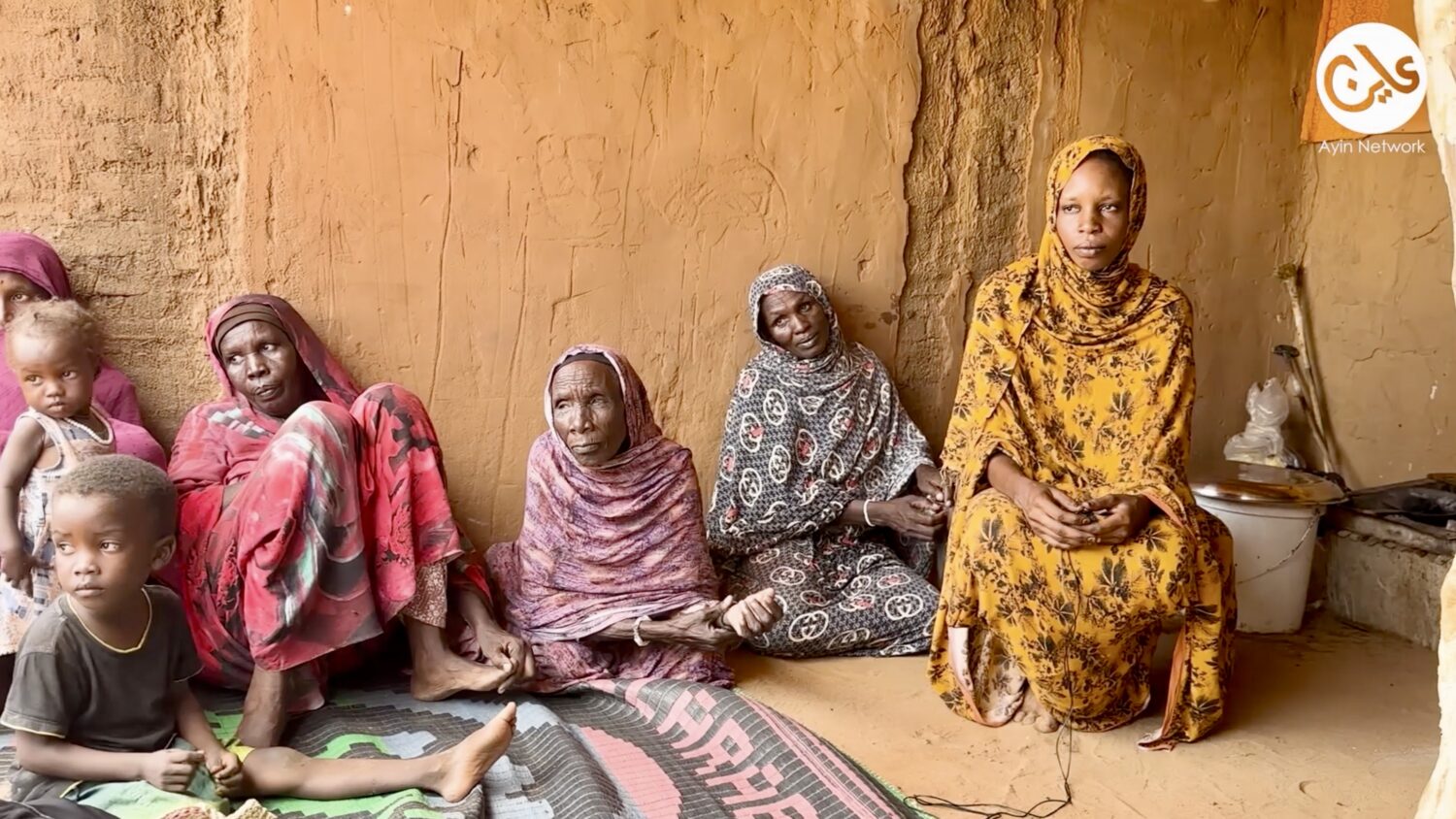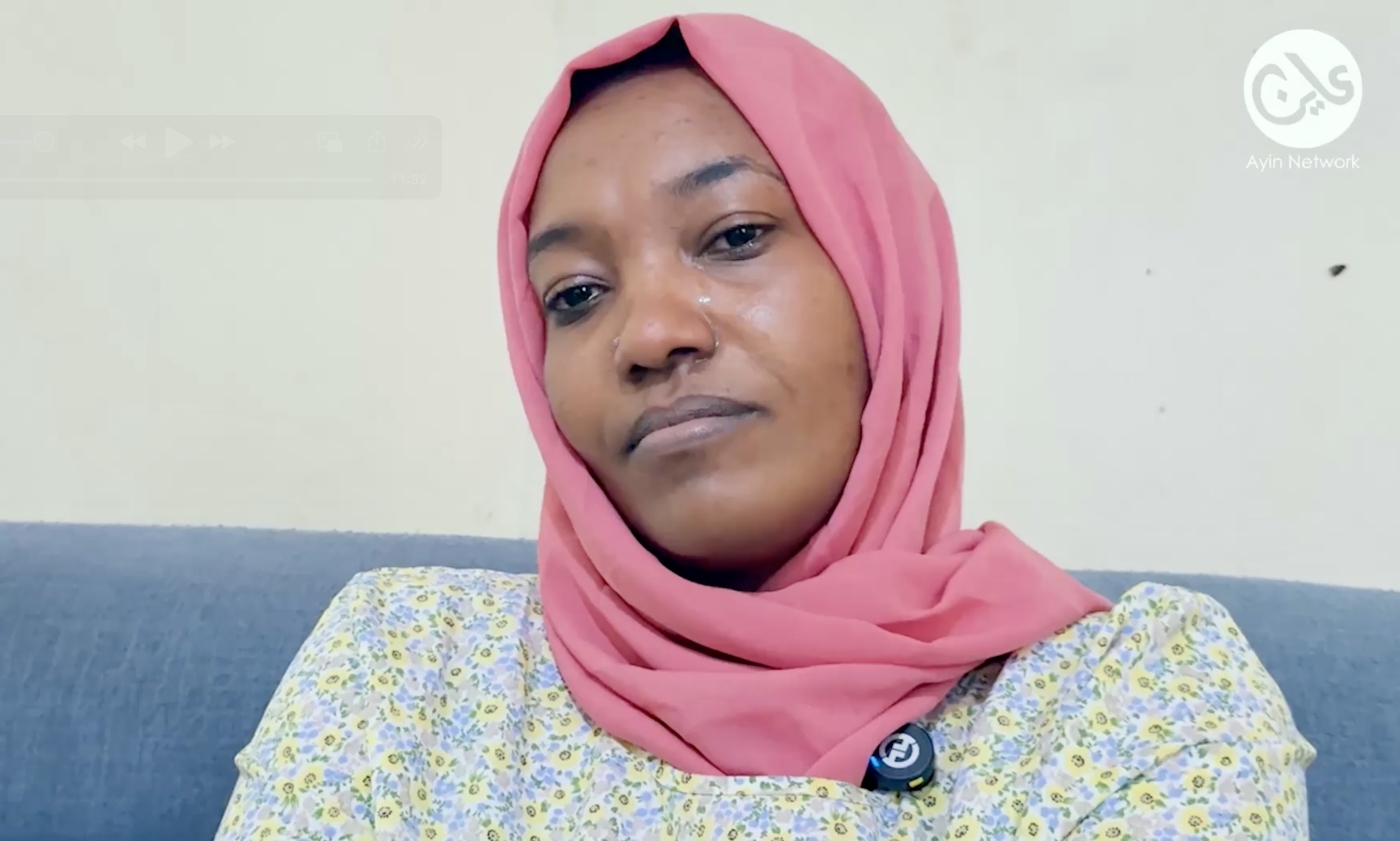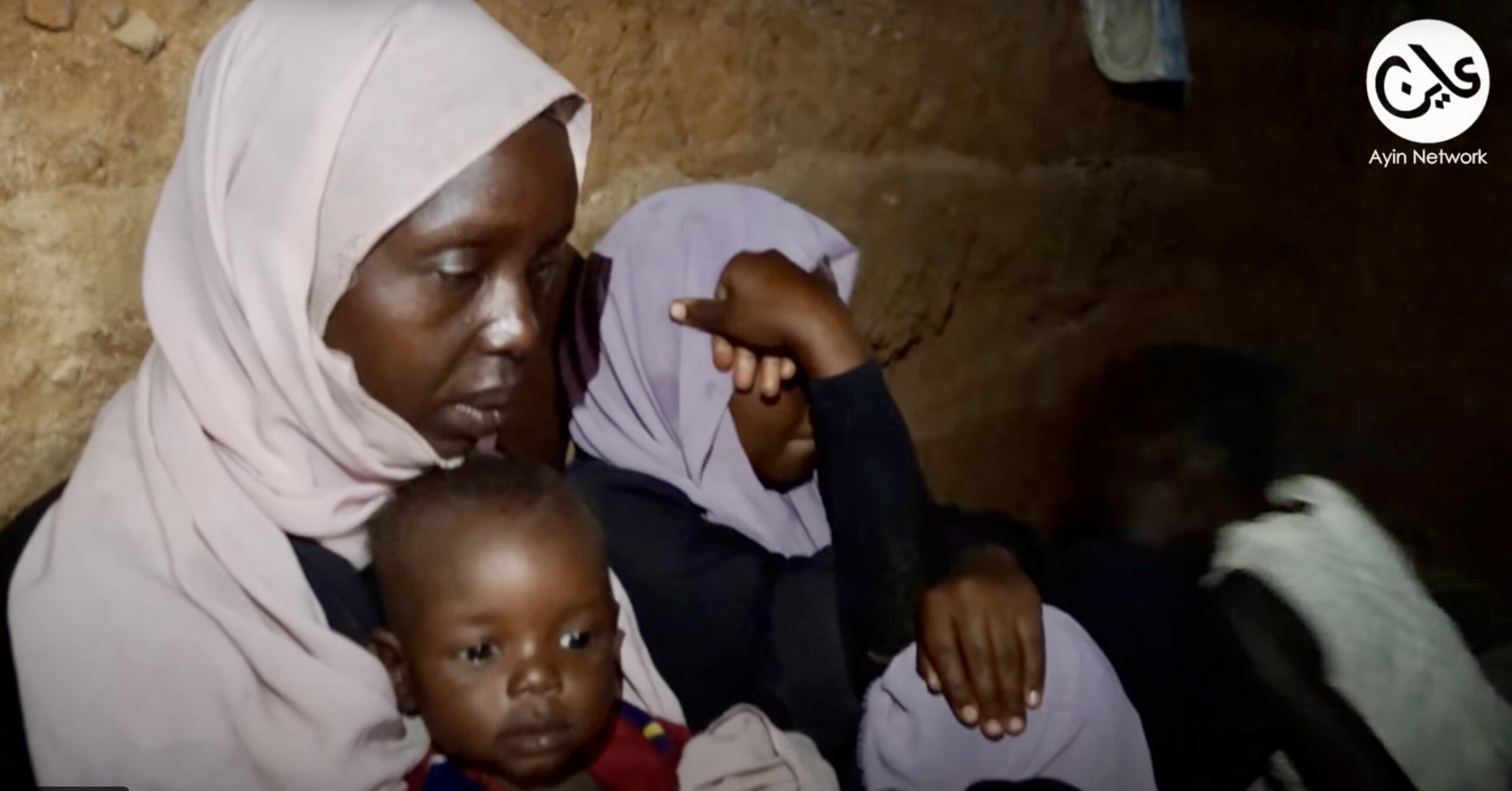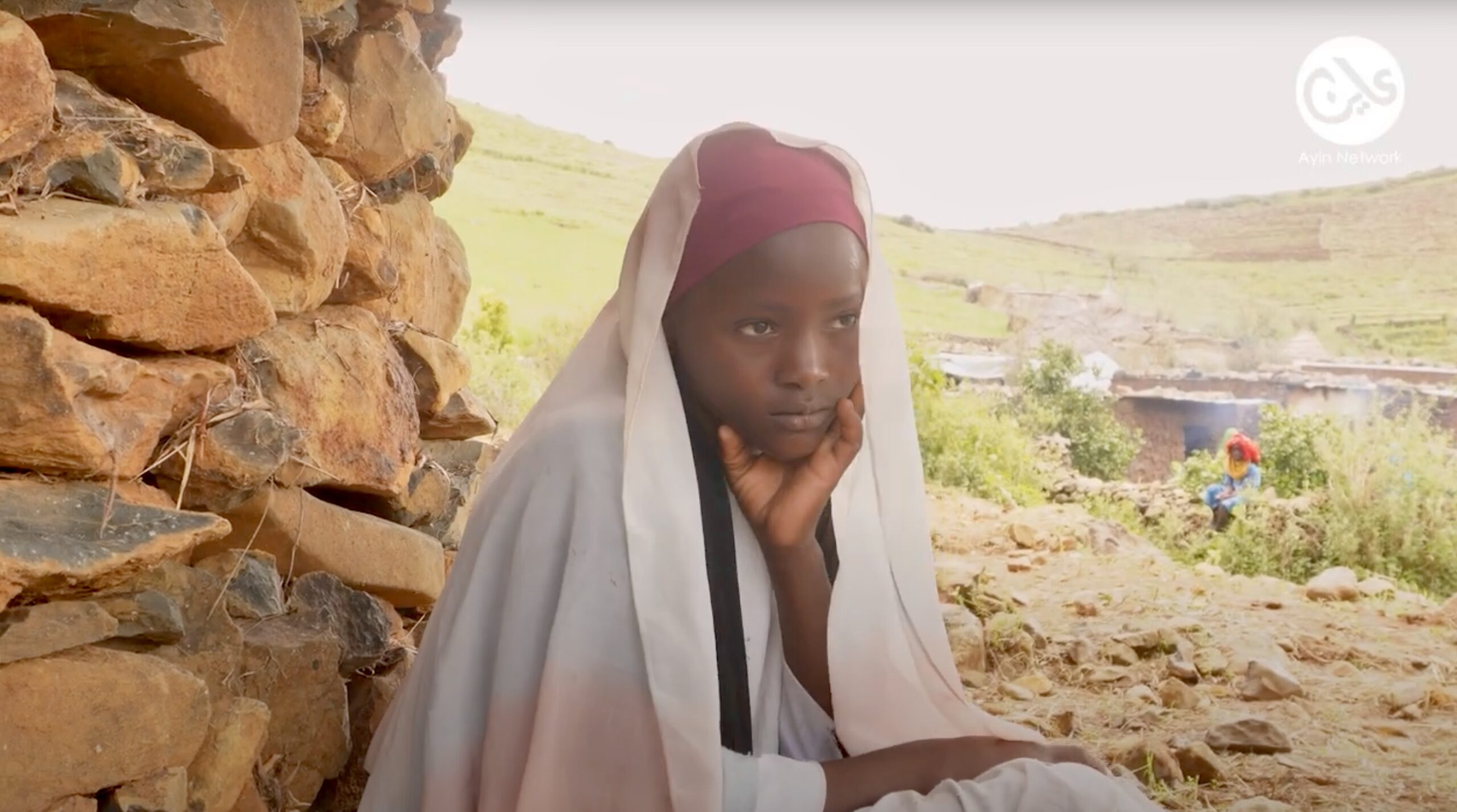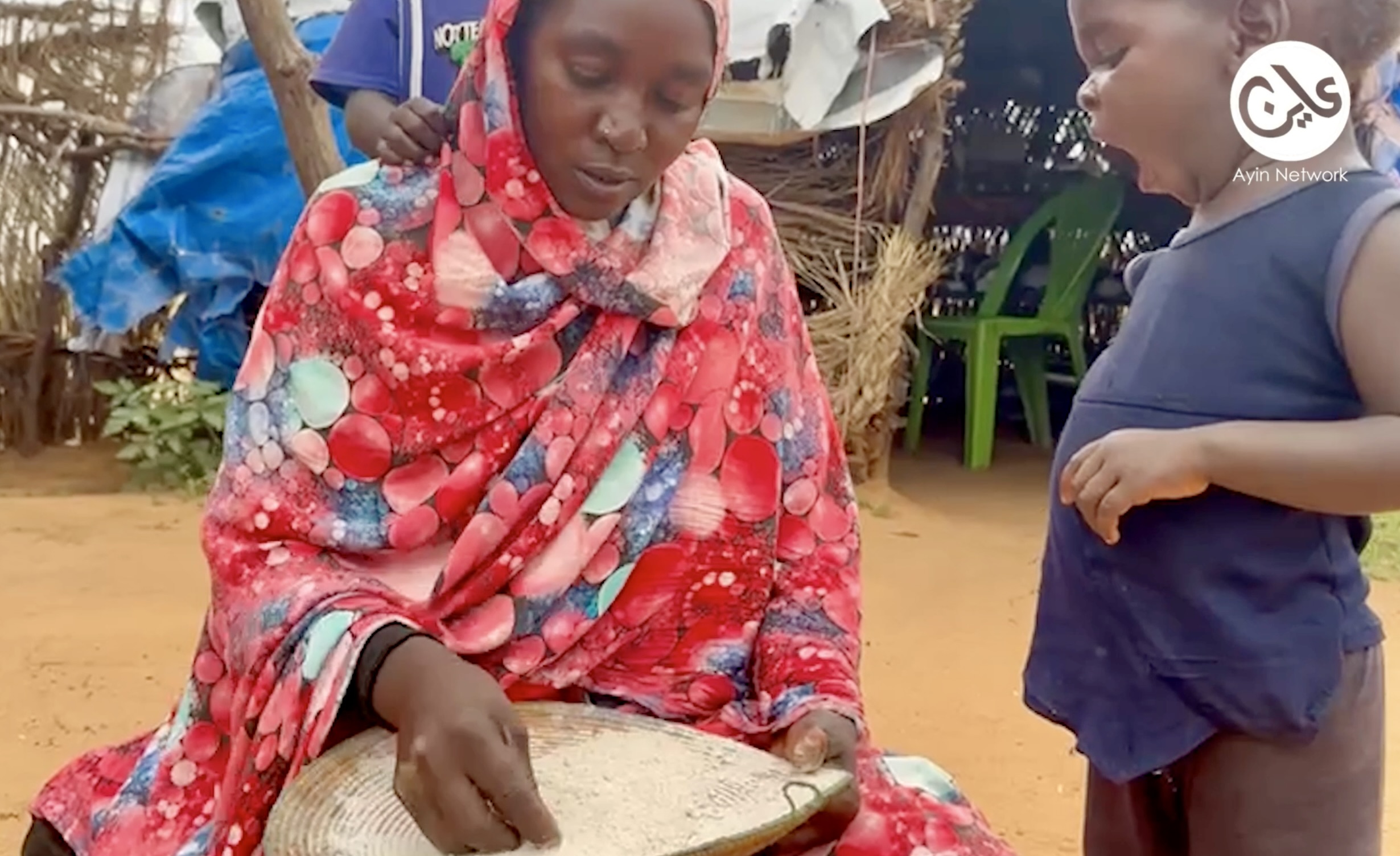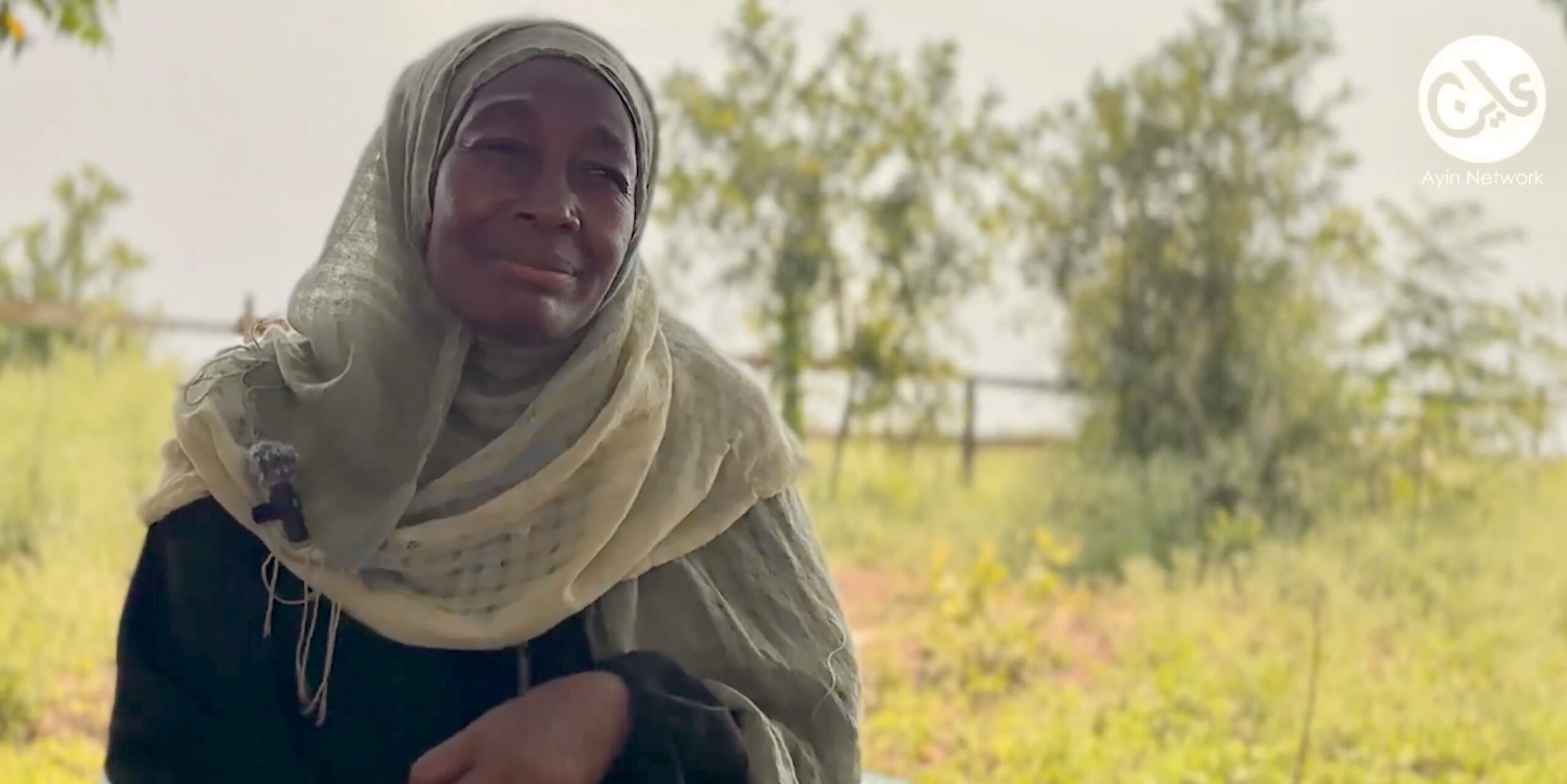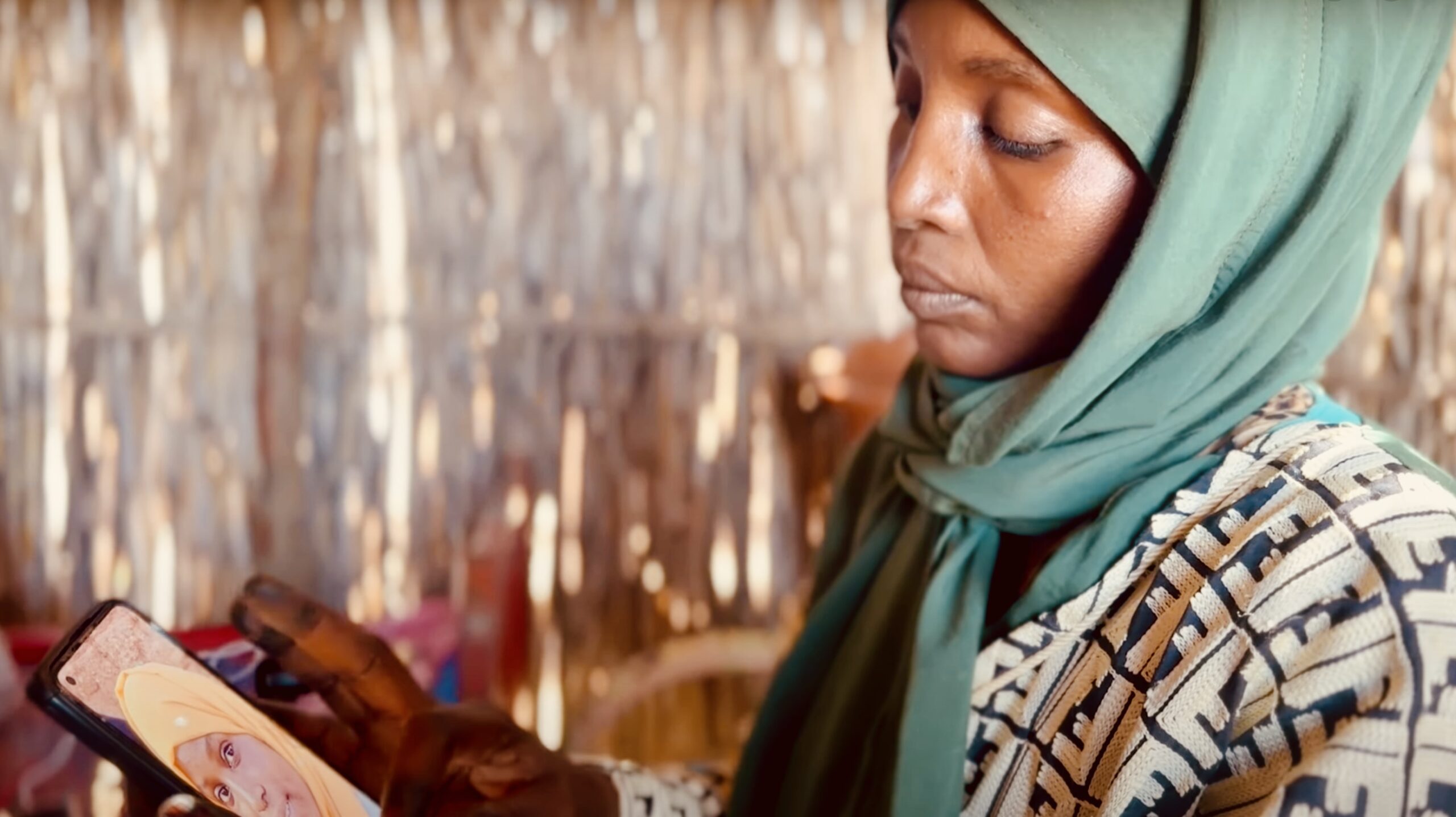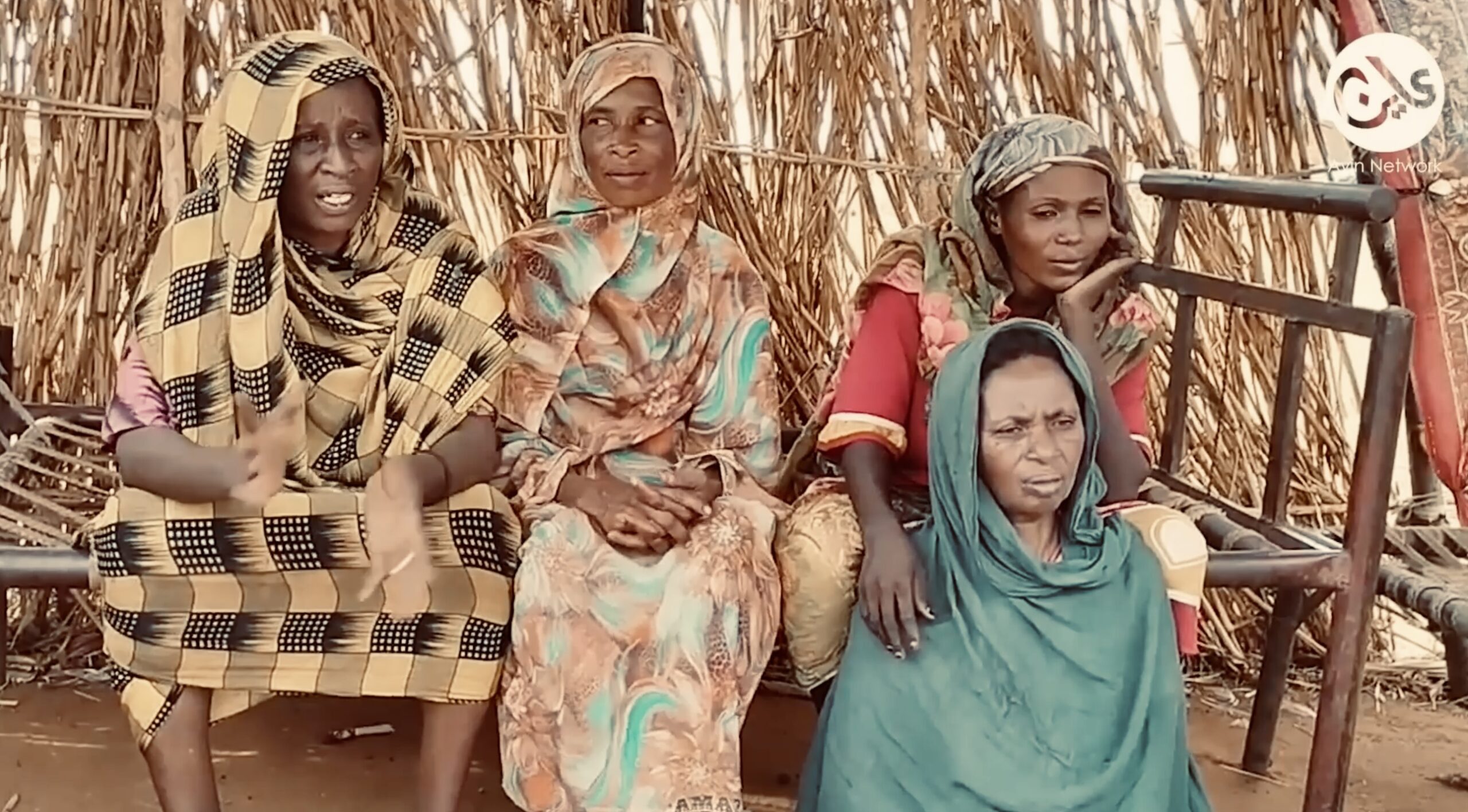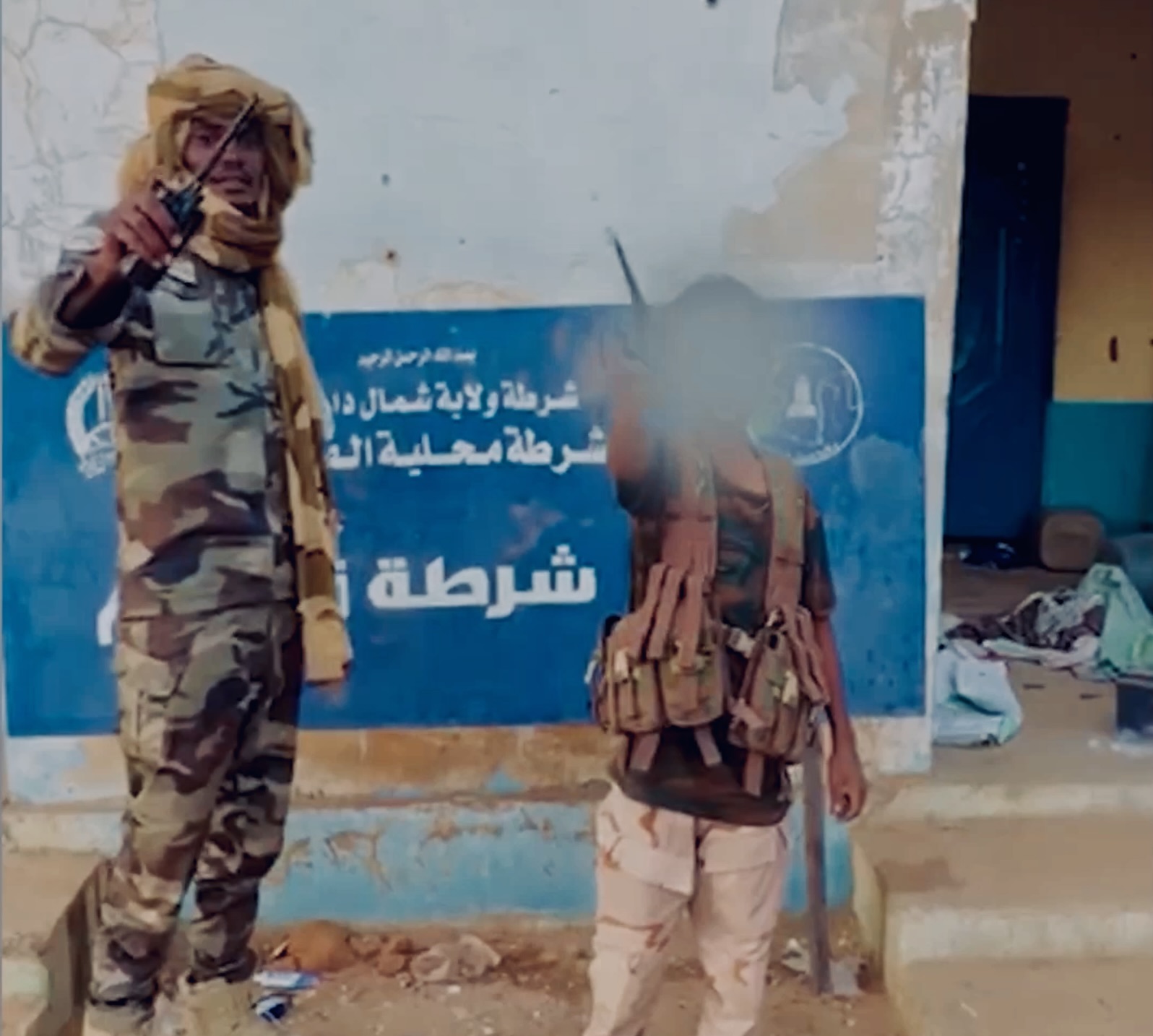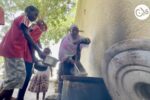A perfect storm: Why Zamzam Camp is facing famine
22 August 2024
“The war, and the bombing impacted us deeply, especially the children. They became withdrawn and absent,” says Islah Musa, a displaced mother currently trying to care for her children in Zamzam camp in North Darfur State. With no food and no water, families must contend with only bombs and shells that fall around them and prevent any escape. “Our children cry at night due to hunger,” another mother within the camp, Fatima Mohamed, told Ayin.
Since May, Zamzam camp for internally displaced persons (IDPs) and the surrounding area of El Fasher, North Darfur State, have been scenes of intense fighting as the paramilitary Rapid Support Forces continue to battle the national army for control over the strategic town. Both sides have been fighting for political and economic dominance since April last year.
At the beginning of the month, the UN-linked Famine Review Committee announced famine in Zamzam Camp, the first determination of famine by the Committee in more than seven years. Located just 12 kilometres south of El Fasher, the capital of North Darfur State, Zamzam Camp is one of Sudan’s largest, hosting around half a million displaced people. The terrible irony lies in the fact that Zamzam used to be a peaceful area, a safe haven for the countless displaced from current and previous wars in restive Darfur. Even during the outbreak of this latest conflict, local communities managed to broker a shaky peace-deal, making El Fasher and surrounding areas one of the few viable locations for the millions of conflict-displaced –now reaching over 10 million displaced from across Sudan.
Since May, after two rebel groups joined forces with the army, the RSF surrounded El-Fasher and have bombarded the area with shells, lumping all civilians and soldiers alike as “enemy combatants”. At the same time, the army, until recently, blocked humanitarian agencies from delivering critical humanitarian aid via Chad across the border to the Darfur region, claiming such operations could supply weapons to their opponents. The army did, however, announce a border opening via Adré, Chad last week, but this will not help aid agencies from reaching Zamzam camp. “The last assistance we actually got into El Fasher was back in April,” says the Head of Communication for the World Food Programme, Leni Kinzli. “It has been quite a while because the city is besieged, it’s too dangerous to deliver there.” Kinzli hopes a ceasefire or cessation of hostilities agreement can be attained between the warring parties, “so that we can get assistance into those places where people have been trapped by conflicts for month and months on end.”
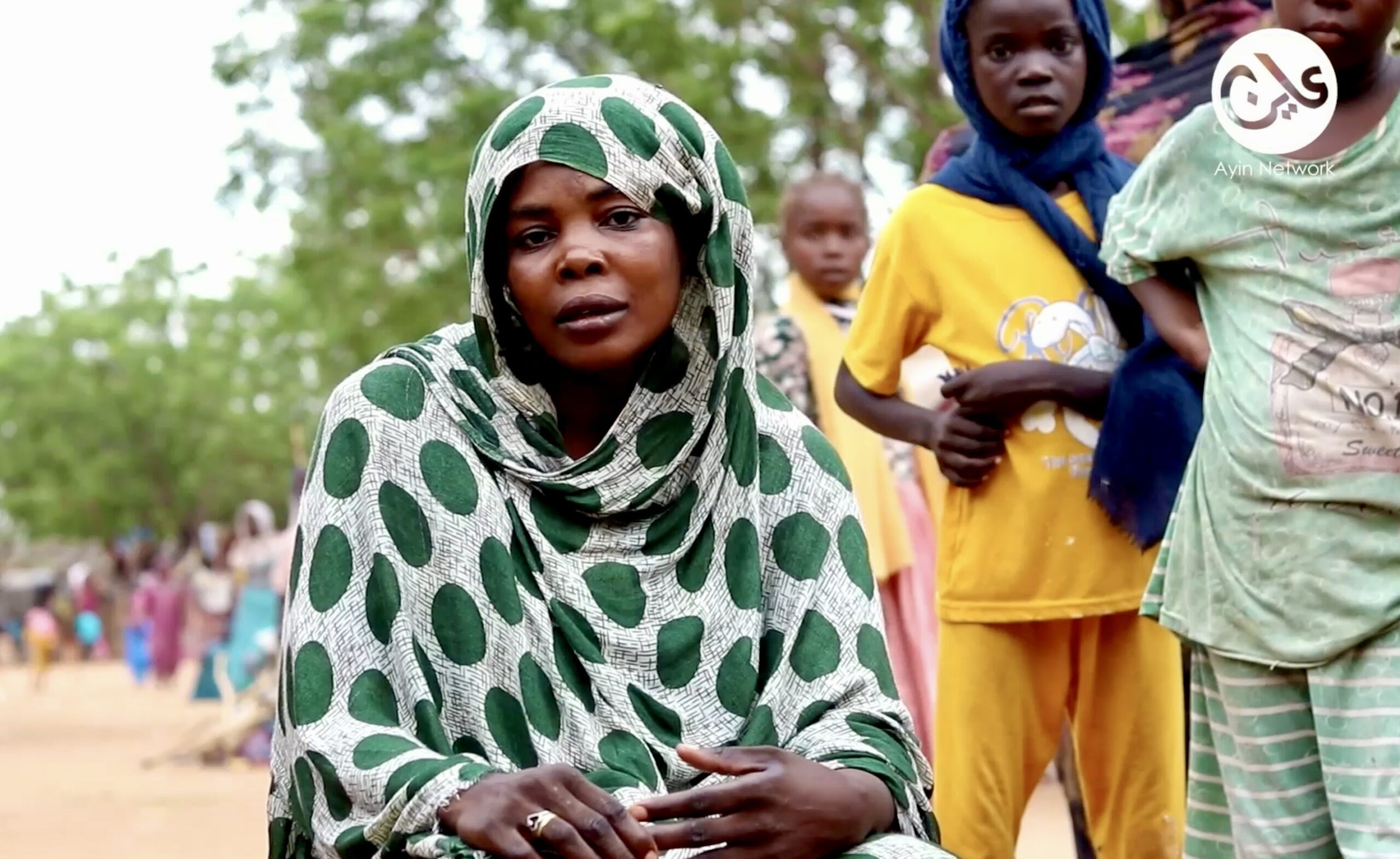
Unable to farm, to work, to escape
As critical as humanitarian aid is for Zamzam and the surrounding camps, the ability to farm and work is also vital for the survival of the displaced within the camp. “We are afraid of the bombing to reach us and there is nowhere to go,” Musa said. “There are no safe routes [to leave], or money to travel with. It is very hard to live here –there is no place to get water from or work to do to make a living.” Humanitarian aid only plays a small role in providing food while farming in Sudan, says food security expert Dr. Timmo Gaasbeek, generally covers two-thirds of the country’s food supplies. Farmers in North Darfur were largely unable to go to their farms during this season due to the turbulent security situation, and the agricultural season failed for the second time in a row.
With such rampant insecurity, the IDPs in Zamzam are unable to farm, to work, to access aid or trade and, worst of all, unable to leave the camp –making a perfect storm for the famine conditions that have beset the area. The situation in Zamzam is likely to be repeated in neighbouring camps such as Abu Shouk and Al-Salam. “A ceasefire between all the armed groups is needed more than ever,” says a volunteer who used to support the displaced in a community kitchen in Abu Shouk IDP Camp. “The history books will not be kind on these [military] leaders if this continues and there is no peace in El Fasher. Both leaders from the army and Rapid Support Forces will have the blood of millions on their hands.”




